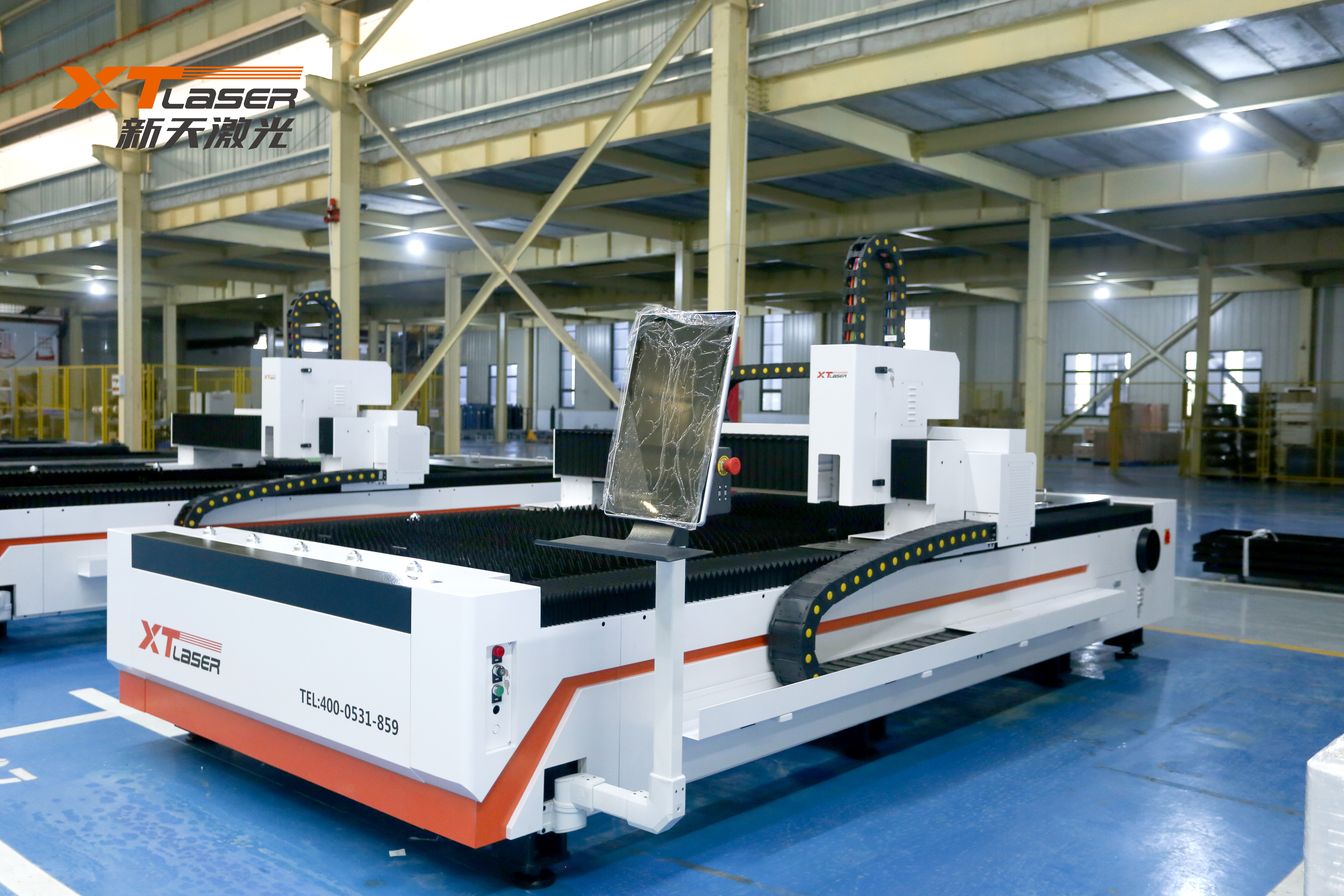In the daily use of fiber laser cutting machines, we often encounter some problems, but we do not know how to solve them in the first place. The laser cutting machine may malfunction after being used for a long time, which is normal. However, we need to conduct troubleshooting within a controllable range in order to quickly and efficiently solve the problems of the laser cutting machine, Below are some explanations on the impact of the brand of low-power laser equipment, XT Laser, on the cutting quality of fiber laser cutting machines. I hope this can help everyone. The factors that affect the cutting quality of laser cutting machines include cutting height, nozzle model, focal position, cutting power, cutting frequency, cutting duty cycle, cutting pressure, and cutting rate. Hardware prerequisites include: protective lenses, gas purity, and plate quality.

General troubleshooting when cutting quality is poor:
1 cutting height
(It is recommended that the actual cutting height be between 0.8~1.2mm). If the actual cutting height is prohibited, calibration is necessary.
2 air nozzles
Check if the model and size of the air nozzle are incorrect. If they are correct, check if the air nozzle is damaged and if the roundness is abnormal.
3 optical centers
It is recommended to use an air nozzle with a diameter of 1.0 for optical center reflection, and it is best to focus between -1 and 1.2 when reflecting on the optical center. The light points that are inserted in this way are small and easy to observe.
4 Protective lenses
Check whether the maintenance lenses are clean and require no water, oil, or residue. Sometimes, maintenance lenses may become foggy due to factors such as climate or too cold air.
5 Focus
Check if the focus is set correctly.
6. Modify cutting parameters
After reflecting on the above and finding no problems, make targeted changes to the parameters.
How to debug parameters? The following are the situations and solutions that may be encountered when cutting stainless steel and carbon steel.
For example, there are various examples of stainless steel slag hanging.
If there is only slag hanging at the corner, it is recommended to consider the rounding of the corner first. In terms of parameters, it can reduce the focus and increase the air pressure.
If the overall hard slag is hung, it is necessary to lower the focal point, increase the air pressure, and increase the cutting nozzle. However, if the focal point is too low or the air pressure is too high, it can cause stratification of the cross-section and roughness of the end face.
The editor of XT Laser Cutting Machine reminds you that if there are granular soft slag hanging on the whole, you can appropriately increase the cutting speed or reduce the cutting power.
Cutting stainless steel may also encounter a wall hanging slag that is about to stop cutting. It is necessary to check whether there is residual gas in the source gas supply or if the flow rate cannot keep up.
Cutting ordinary carbon steel may encounter problems such as insufficient brightness of the thin plate section and roughness of the thick plate section.
To cut the section smoothly, the first step is to make the board good, and secondly, the oxygen purity should be at least 99.6% higher. When using a fiber laser cutting machine, it is necessary to pay attention to the use of a double-layer nozzle of 1.0 or 1.2, the cutting speed should be higher than 2m/min, and the cutting pressure should not be too high. To achieve good cutting quality for thick plates, it is necessary to ensure the purity of the plate and gas. The next step is the selection of gas nozzles. The larger the aperture, the better the quality of the section, but at the same time, the greater the taper of the section.

